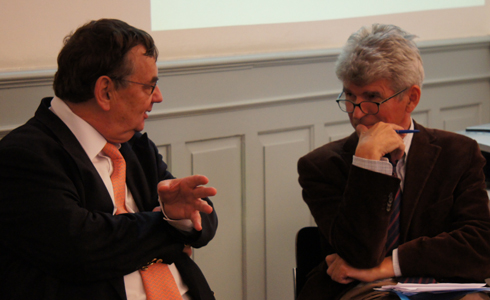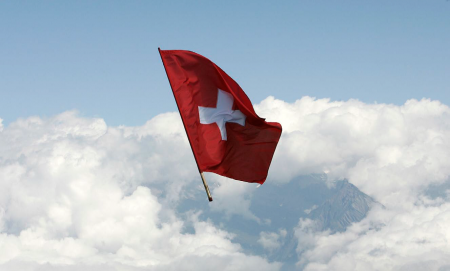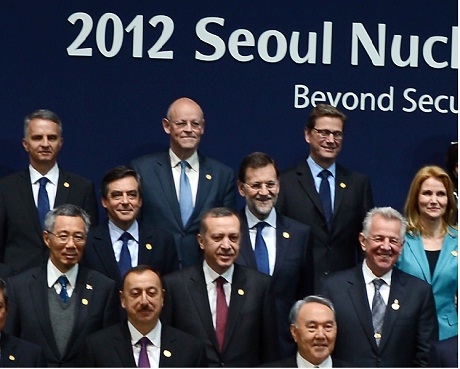
In 1989, a Swiss parliamentary committee revealed that the country’s Federal Police and Federal Prosecutor’s Office had spent decades recording the activities of 10% of the Swiss population. It seems that during the Cold War, being a member of a left-wing organization, or even contacting it, raised the eyebrows of these agencies. But they weren’t alone. In time, the Swiss postal service and even private individuals began to perform this type of surveillance.
When they were finally informed about these activities, the Swiss public was predictably shocked by the scope and scale of the “Secret Files Scandal”. What concerned them then is what concerns everyone now – i.e., the often absent legal justifications for such activities and the inadequate democratic oversight exercised over those who perform them.
The “Insurmountable Tension”
The Swiss case, along with the recent revelations about the US National Security Agency’s (NSA) activities, points to what many analysts and practitioners have long argued is an indissoluble problem. Yes, secrecy is necessary to prevent ‘legitimate’ surveillance targets from knowing they are under scrutiny, and thereby changing their modus operandi. At the same time, this necessary feature of intelligence work inevitably breeds a lack of transparency and needed oversight.




